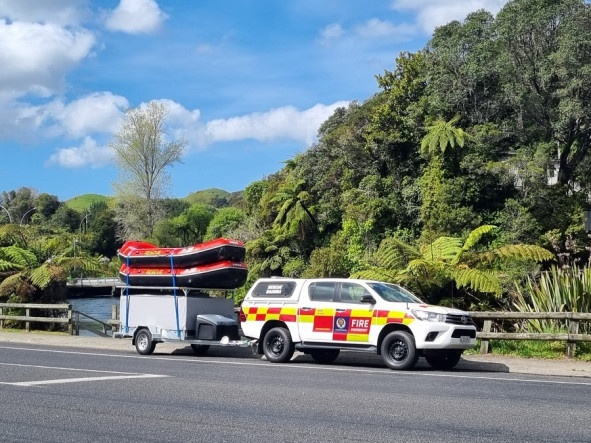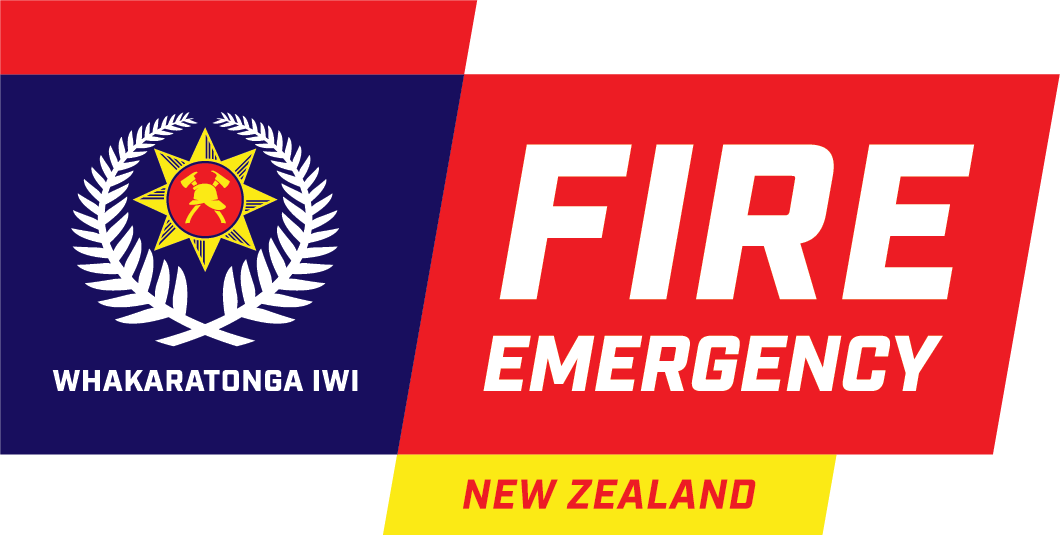A lot of progress on working safely in water
There has been considerable progress in the Working Safely in Water project over recent months.
National Advisor for Water, Hamiora Taite, said most of the Specialist Water Response Team (SWRTs) training courses are completed with the last scheduled for December in Rotorua. This course will be made up of predominantly Wellington personnel plus two from Palmerston North and Gisborne, one from Auckland, and one from Napier.

Hami
‘Local procedures are being drawn up to formalise each team’s future response locally, and a deployment guideline is under development which will cover out-of-Region incidents. SouthCom has developed an interim procedure to cover turn-out in the short term and this has been sent to Central and NorthCom. The teams will be based in:
- Dunedin
- Christchurch
- Wellington
- Napier
- Rotorua
- Auckland
‘We have nearly completed E-learning modules for emergency response driving in water, attending motor vehicle crashes in water, wading, and Officer Risk and Awareness training. We are developing a policy for SWRT deployment. Additionally, a water rescue drop down will be available in ICAD (WATERESC) to capture data from water related incidents more accurately.
‘Everyone has worked hard, and we have achieved a lot over the last two years. As well as the above, we have acquired equipment for the teams. All equipment ordered in FY 2022/23 is now in-country, off the ship and has been dispatched to all teams.
'Over the remainder of the financial year the project team will be focusing on delivering the first phase of rolling out a national network of deployable capabilities. This involves ensuring the Specialist Water Response Teams are standardised and operational, with PPE, equipment and deployment policies/protocols in place.'




Deployment conditions
Hami said it has been confirmed that all specialist water response team deployments will fall under schedule R7 SCa Schedule of USAR conditions. This provides for a streamlined approach to manage deployments. It does not mean the water response teams are part of USAR.
‘I am especially grateful for all the mahi (work) put in from the specialist water response teams in getting ready for stand-up, the equipment and logistics branch for help moving the gear out to the bases, and for the project team that has worked tirelessly behind the scenes to progress things to this stage.
Hami said the team has also:
- Deployed personnel and a tactical advisor for several weeks during this year’s North Island Severe Weather Events (NISWEs).
- Deployed SWRTs to motor vehicle crashes, Abbey Caves body recovery, and severe flooding events across the motu (country).
- Worked with non-government organisations developing draft Memorandums of Understanding (MOU) or Service Level Agreements (SLA) with our emergency partner agencies (National Emergency Management Agency, Surf Life Saving NZ, Maritime NZ, Coastguard, NZ Police).
- Developed geographical analysis of data to predict likely locations of need for future emergency water response (floods, MVCs in water, water rescues).
In other water news, we were delighted to receive some equipment to assist our SWRTs with rescuing animals in floods. Animal Evac New Zealand Trust donated six sets (four sizes per set) of canine flotation devices, dog muzzles, and inflatable swift-water rescue sleds.


L to R: Ian Duncan, National and International Response Manager; Neha Goyal and Pinky Shah from Animal Evac; Hami Taite, National Advisor for Water and Rosa the dog.
